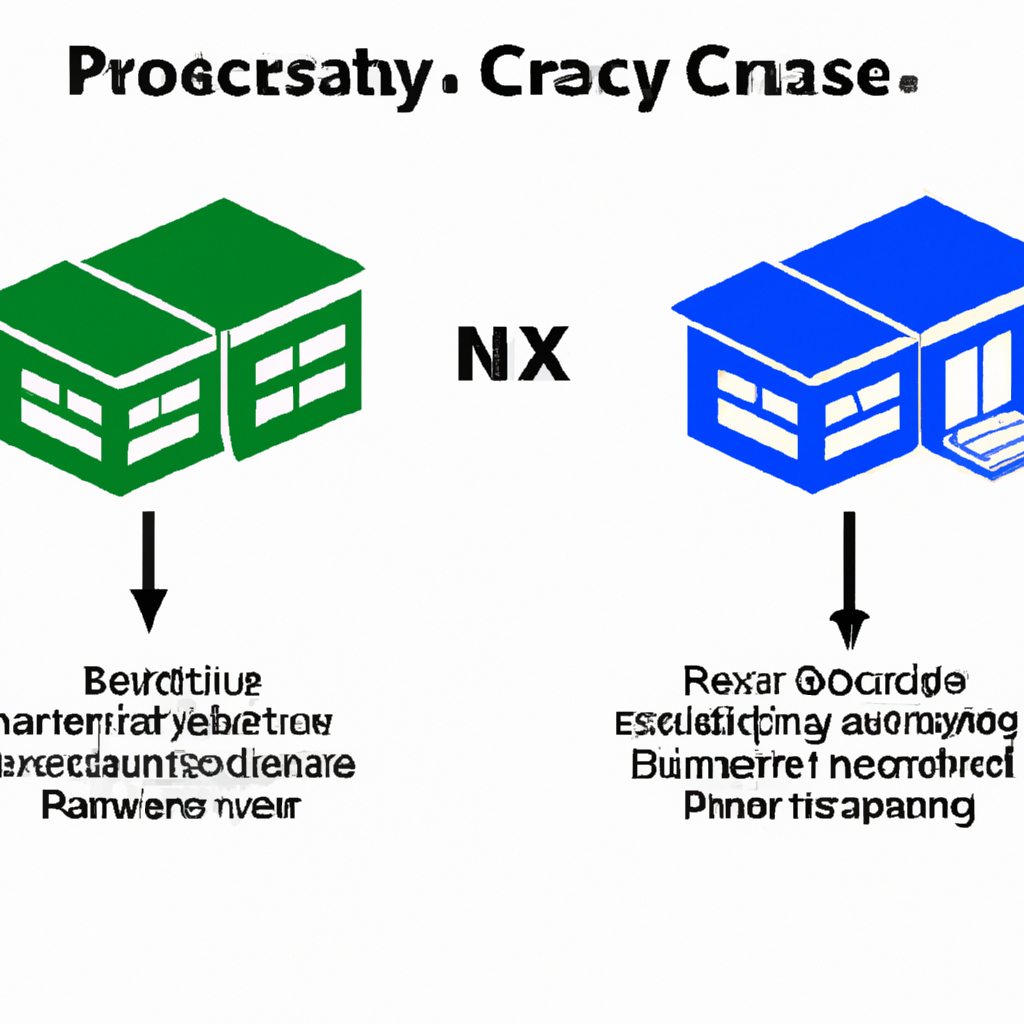Datacenter Proxies vs Residential Proxies: Which One to Choose?
In the digital age, the need for privacy and security online has never been more critical. Whether you are a business looking to scrape data, an individual wanting to maintain anonymity, or a marketer aiming to run ad campaigns, proxies have become an essential tool. Two of the most common types of proxies are datacenter proxies and residential proxies. Each has its unique features, advantages, and potential drawbacks. Understanding the differences between these proxies can help you make an informed decision about which one best suits your needs.
What Are Datacenter Proxies?
Datacenter proxies are IP addresses that are not affiliated with an Internet Service Provider (ISP) but are instead generated from data centers. These proxies are hosted on servers and provide users with high-speed connections. They are typically less expensive than residential proxies and can handle a high volume of requests simultaneously.
Advantages of Datacenter Proxies
-
Speed and Performance: Datacenter proxies are known for their high speed, making them suitable for tasks that require quick data retrieval, such as web scraping or automated testing.
-
Cost-Effective: Generally, datacenter proxies are more affordable than residential proxies, making them an appealing option for individuals or businesses on a budget.
-
Reliability: Since they are hosted on dedicated servers, datacenter proxies often provide stable and reliable connections.
-
Scalability: Users can easily scale their usage by adding more IP addresses as needed, making them suitable for businesses with growing demands.
Disadvantages of Datacenter Proxies
-
Detection Risk: Websites can often detect datacenter IP addresses, especially if they are associated with known data centers. This can lead to blocks or captchas, limiting their effectiveness for certain tasks.
-
Limited Geographic Diversity: While some providers offer geographically diverse IPs, the range is typically narrower than that of residential proxies.
What Are Residential Proxies?
Residential proxies are IP addresses assigned to real residential addresses by ISPs. Unlike datacenter proxies, residential proxies are less likely to be flagged as suspicious because they originate from real users. This makes them ideal for tasks that require higher anonymity and less likelihood of detection.
Advantages of Residential Proxies
-
Higher Anonymity: Since residential proxies use IP addresses from real homes, they are less likely to be detected and blocked by websites, making them ideal for web scraping, social media management, and ad verification.
-
Geographic Diversity: With residential proxies, users can access a wide range of IP addresses from different locations, allowing more localized testing and data collection.
-
Lower Block Rates: Websites often trust residential IPs more than datacenter IPs, resulting in lower chances of being flagged or blocked.
Disadvantages of Residential Proxies
-
Cost: Residential proxies are typically more expensive than datacenter proxies due to their nature and the overhead costs associated with maintaining a network of residential IPs.
-
Speed Variability: The speed of residential proxies can be inconsistent, as they depend on the home internet connection of the user associated with the IP. This can lead to slower performance for heavy tasks.
-
Limited Availability: Some residential proxy services may have a limited number of IP addresses available, which can be a limitation for users needing a large pool of proxies.
Which One Should You Choose?
Choosing between datacenter proxies and residential proxies ultimately depends on your specific use case. Here are some scenarios to consider:
-
Web Scraping: If your scraping tasks require a high volume of requests and speed is essential, datacenter proxies may be the way to go. However, if you need to scrape data from websites that are known to block datacenter IPs, residential proxies might be more effective.
-
Social Media Management: If you’re managing multiple social media accounts and need to avoid detection, residential proxies are preferable due to their higher anonymity and lower block rates.
-
Ad Verification: For verifying ads across different geographic locations, residential proxies can provide the necessary diversity and authenticity, while datacenter proxies might suffice for more straightforward tasks.
-
Budget Constraints: If cost is a significant factor and you don’t need the highest level of anonymity, datacenter proxies can be a more budget-friendly option.
Conclusion
In the battle of datacenter proxies vs. residential proxies, there is no one-size-fits-all answer. The choice depends on your specific needs, whether it be speed, cost, anonymity, or geographic diversity. By understanding the strengths and weaknesses of each type of proxy, you can select the one that aligns best with your goals and requirements. Ultimately, a well-informed decision will enhance your online experience and ensure you achieve your objectives more effectively.

Comments (0)
There are no comments here yet, you can be the first!